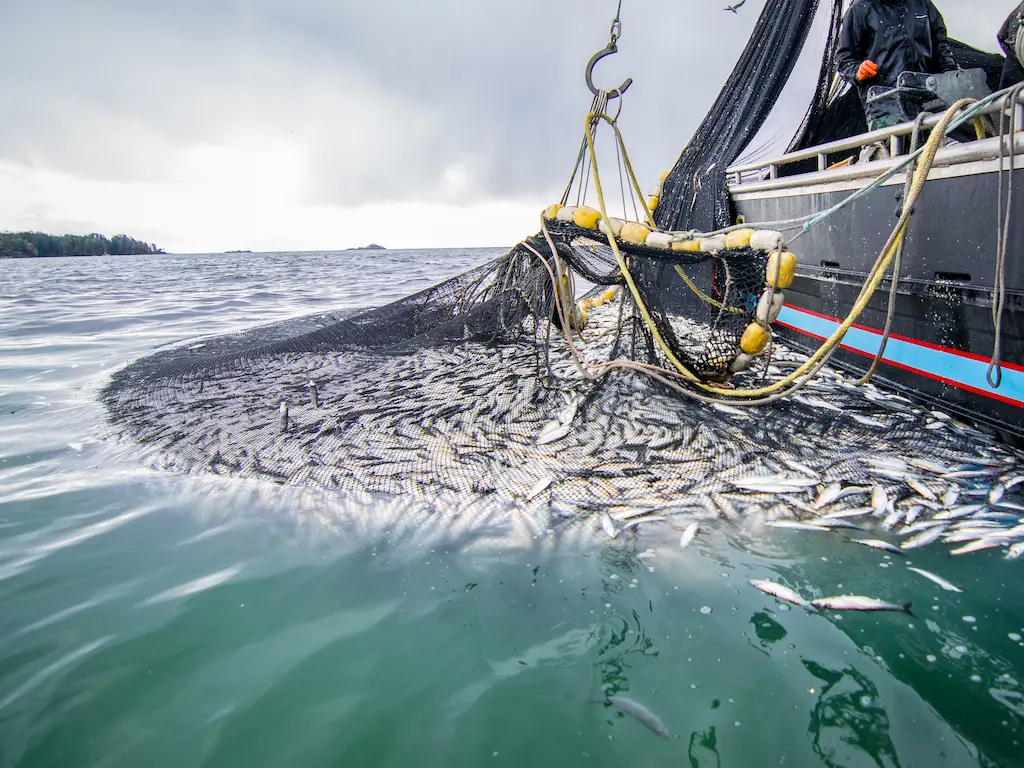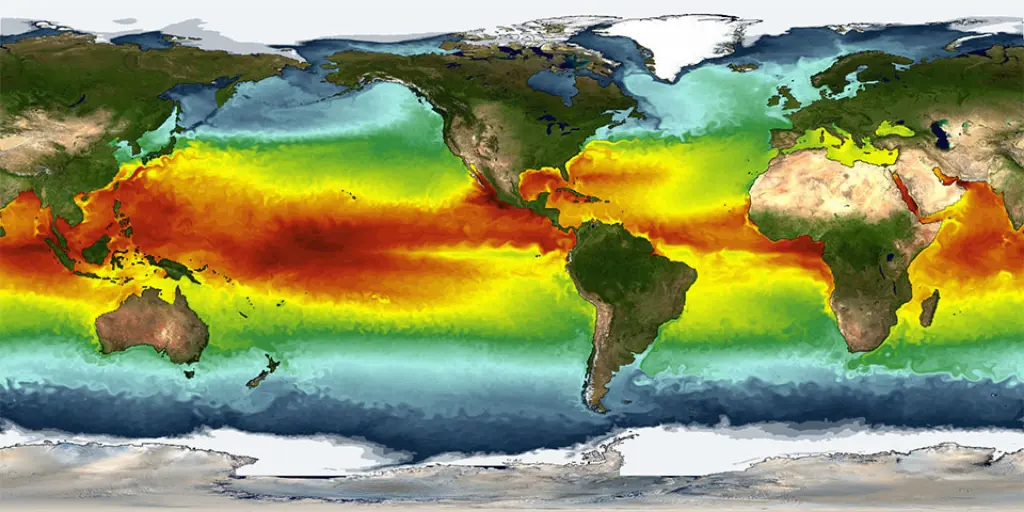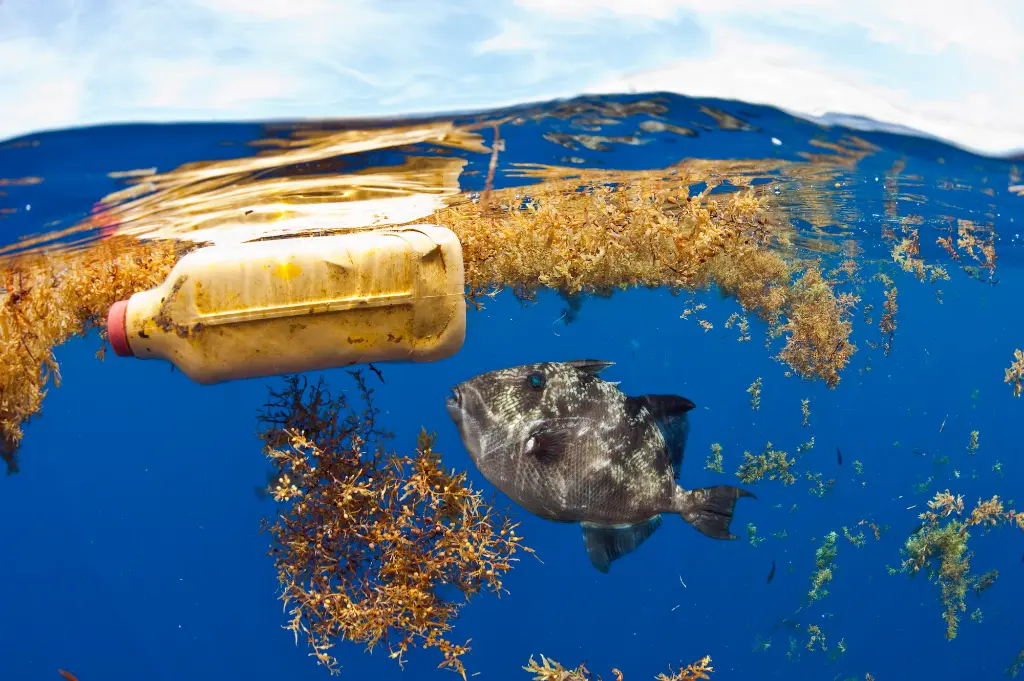For centuries, humans have looked to nature for healing remedies. While we often think of plants on land, the ocean, covering over 70% of our planet, is a vast and largely untapped resource of potential medicines. This page explores the exciting potential of marine organisms, highlighting how they can provide valuable medicinal resources, including potential anti-cancer compounds.
The Untapped Potential of Marine Environments
The marine environment is incredibly diverse, harboring a wealth of unique organisms that have adapted to survive in extreme conditions. This evolutionary pressure has led to the development of novel compounds not found anywhere else on Earth. These compounds can exhibit a wide range of biological activities, making them promising candidates for drug discovery.
Why Focus on Marine Resources?
- Biodiversity Hotspot: Oceans are home to a vast array of species, many of which remain undiscovered.
- Unique Chemistry: Marine organisms produce unique compounds due to their adaptations to the marine environment.
- Potential for Novel Drugs: These novel compounds offer opportunities for developing new treatments for a variety of diseases.
Medicinal Resources from the Sea: A Glimpse
Many marine organisms are showing tremendous potential in medicinal research. One notable example involves sponges. Sponges, seemingly simple organisms, are proving to be powerhouses of medicinal compounds.
Sponges: A Source of Anti-Cancer Compounds
Some sponges produce compounds that have shown promising activity against cancer cells in laboratory studies. These compounds can interfere with the growth and spread of tumors. Researchers are actively studying these compounds to develop new and effective cancer therapies. Examples include compounds showing activity against leukemia and melanoma.
Beyond Sponges: A World of Possibilities
While sponges are a prominent example, other marine organisms are also being investigated for their medicinal properties. These include:
- Seaweed: Contains compounds with antiviral and anti-inflammatory properties.
- Corals: Produce compounds with potential for bone regeneration and treatment of inflammatory diseases.
- Marine Bacteria: A source of novel antibiotics and anticancer agents.
- Cone Snails: Venom contains peptides with potent pain-relieving properties.
Key Features and Benefits
| Feature | Description | Benefit |
|---|---|---|
| Unique Chemical Structures | Marine organisms produce novel compounds not found in terrestrial environments. | Offers the potential for discovering new drugs with unique mechanisms of action. |
| Biodiversity | The ocean is home to a vast array of species, many of which are still undiscovered. | Increases the likelihood of finding new medicinal resources. |
| Potential Anti-Cancer Activity | Some marine compounds, like those found in sponges, exhibit promising activity against cancer cells. | Provides opportunities for developing new and effective cancer therapies. |
| Wide Range of Applications | Marine-derived compounds have potential applications in treating a variety of diseases, including cancer, infections, and inflammatory conditions. | Offers diverse avenues for drug development and improving human health. |
The Future of Marine-Derived Medicines
The exploration of marine resources for medicinal purposes is a rapidly growing field. As technology advances and our understanding of the ocean deepens, we can expect to uncover even more valuable compounds with the potential to revolutionize healthcare. Sustainable harvesting and conservation efforts are crucial to ensure the continued availability of these precious resources for future generations.
Disclaimer: This information is for educational purposes only and should not be considered medical advice. Always consult with a qualified healthcare professional for any health concerns or before making any decisions related to your health or treatment.




